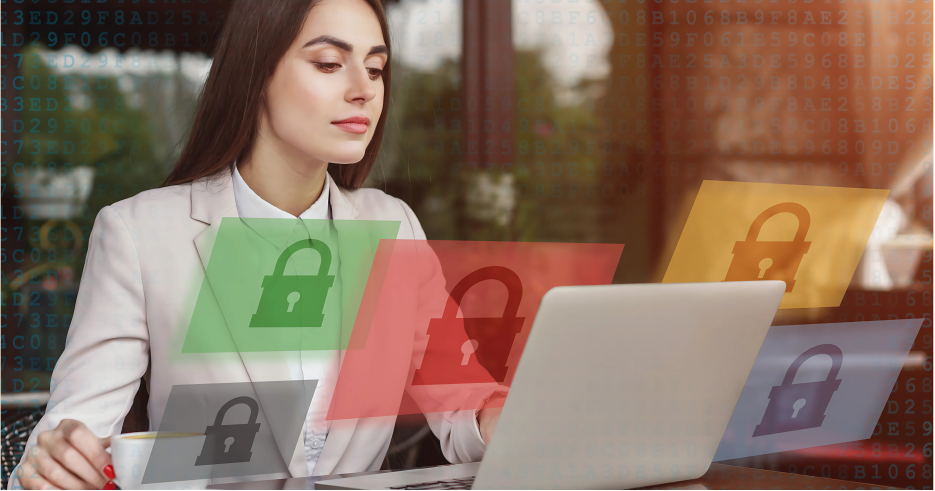
As businesses increasingly rely on virtual assistants to manage various tasks, from administrative duties to project management, ensuring confidentiality and security is more important than ever. Virtual Assistants often handle sensitive information such as client details, financial data, and confidential business strategies, making robust security practices essential.
In this article, we’ll discuss the best practices for maintaining confidentiality and securing sensitive information when working with virtual assistants, including data protection measures, secure communication channels, and the importance of confidentiality agreements.
Data protection is critical when working with virtual assistants, as they frequently access company files and confidential information. Employing strong data protection practices ensures that your business’s sensitive data remains secure.
Communication with virtual assistants should always take place over secure channels to prevent unauthorized parties from intercepting sensitive information.
By utilizing encrypted and secure communication platforms, businesses can protect themselves from potential data breaches or leaks during virtual assistant interactions.
A critical part of protecting your company’s sensitive information is putting formal confidentiality agreements in place. Before granting access to proprietary or confidential information, ensure your Virtual Assistant has signed a non-disclosure agreement (NDA).
Make sure your Virtual Assistant understands the legal ramifications of breaching confidentiality and that they are held accountable for maintaining the highest security standards.
Security is not a one-time implementation but an ongoing process. Regularly reviewing your company’s security protocols ensures that they stay up-to-date and effective, especially as new technologies and threats emerge.
By keeping security protocols current and ensuring virtual assistants are trained in these measures, businesses can reduce the risk of security breaches and ensure confidential information is safeguarded.
Only provide your virtual assistants with access to the information they need to complete their tasks. By limiting access, you can protect your business’s most sensitive data and reduce the chances of unauthorized exposure.
Restricting access ensures that sensitive data is only handled by those who truly need it, further protecting your business.
Maintaining confidentiality and security when working with Virtual Assistants is essential for protecting your business. By implementing strong data protection measures, using secure communication channels, establishing confidentiality agreements, and regularly reviewing security protocols, you can safeguard your sensitive information.
At Delegate.co, we understand the importance of security and confidentiality. Our highly trained Virtual Assistants follow best practices to ensure your data is always protected. Ready to enhance your business’s efficiency without compromising security? Contact us today to learn more about how we can provide you with skilled, trustworthy Virtual Assistants.
Get started at www.delegate.co.
© 2024 Delegate BPO LLC All Rights Reserved | Privacy Policy
For Clients
For Top Talents